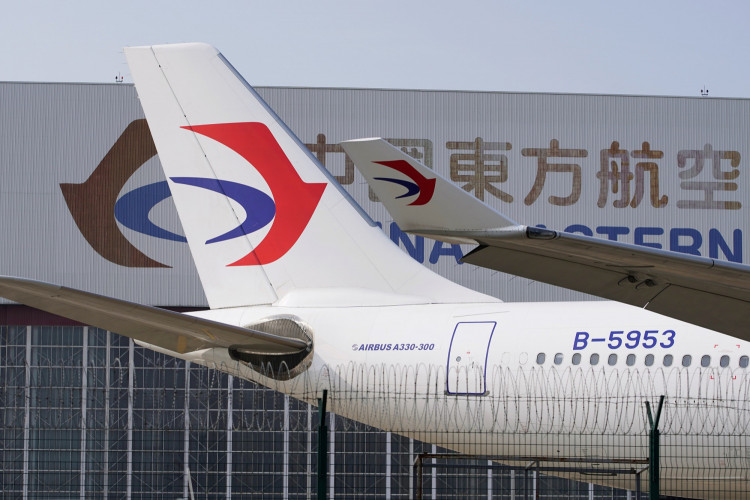China Eastern Airlines will get 31 billion yuan ($40.6 billion) in cash from four new investors to keep it flying.
The largest investor is a subsidiary of state-owned China Life Insurance, China Life Investment Holding Ltd., which will be injecting 11 billion yuan. Another state-owned enterprise, Shanghai Jiushi Group, will inject 10 billion yuan while state-owned China Reform Holdings Corp. and China Tourism Group will spend 5 billion yuan each.
It is part of the country's effort to diversify ownership of some of its state-owned enterprises. It also comes at a critical time for China Eastern, which recently reported a first-half net loss of more than 8.5 billion yuan. After the capital injection, China Eastern will remain a state-owned entity.
Compared with overseas airlines, China has fared relatively better as its travel industry has rebounded following the pandemic. While most China airlines have reported losses of billions of dollars during the first half revenues have now returned to pre-pandemic levels.
Air China, China Southern Airlines and China Eastern are all expected to report profits for the third quarter, according to analysts at HSBC. China Southern had previously announced that it was set to receive a capital injection of at least 30 billion yuan from three separate investors.
Other airlines overseas are continuing to struggle with the prolonged travel slump brought about by pandemic. Flag carriers across the globe have announced plans to significantly reduce their operations and workforce to compensate. While some may have stayed their decision, thanks to government aids, others have pushed ahead with their planned restructuring.
Domestic travel demand in China sharply increased over the past few weeks as millions of residents traveled across the nation during the recent national holidays. According to official data, major airlines reported a surge in travel bookings between Oct. 1 and Oct. 8 to around 13.3 million. This coincided with the country's celebration of its "Golden Week" holidays.






